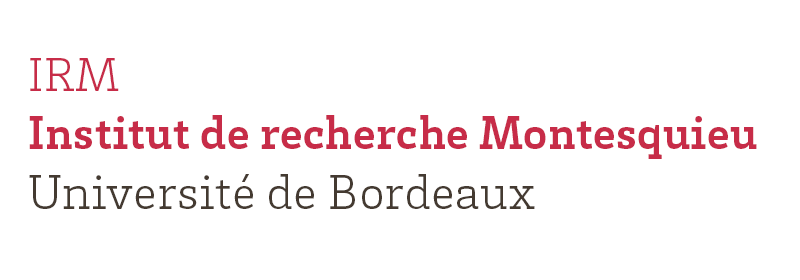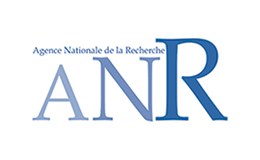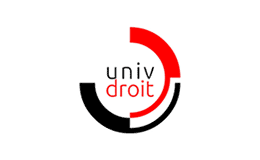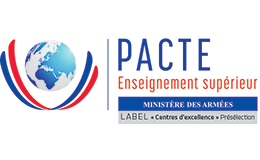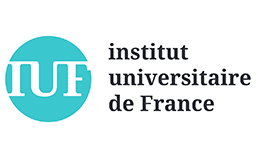Scientific project

The scientific project of the Institut de Recherche Montesquieu (IRM - EA 7434) consists of using the contributions of the social sciences to analyze law and politics and, more particularly, the study of the forms and representations of modernity, particularly by questioning the very paradigm of that modernity, whose pertinence has always been, and still is, hotly debated.
The resources offered by history, law, political science, sociology, anthropology and civilization studies appear to us to be particularly well-suited to the analysis of this paradigm, helping us to better understand its formation, usage, contestation and transformations. In doing so, we can hope to achieve a better understanding of the legal and political phenomena which define the Western world. The Institut de Recherche Montesquieu is comprised primarily of specialists in the history of law and political science, and takes a resolutely multidisciplinary and interdisciplinary approach to such questions.
The diverse forms and representations of modernity are analyzed from four main angles (cf. below for a detailed description of each) by the Institute’s two teams:
- The work of the Aquitaine Centre for Law History (Centre Aquitain d’Histoire du Droit, or CAHD) is devoted to two major research topics: the history of legal knowledge from the 15th through to the 21st centuries, involving the diachronic and synchronic analysis of legal knowledge and the thinking of prominent jurists, as well as of the role of law in society; and, secondly, a program focusing on political and social changes entitled “Applying social sciences to the political and social changes of the post-modern era.”
- The work of the Montesquieu Centre for Political Research (French Centre Montesquieu de Recherches Politiques, or CMRP) focuses on two main themes: comparative political studies, i.e. comparative analysis of political ideas (particularly democracy, ecology and globalization) and regimes (in particular the Nordic countries, Central and Eastern Europe, Africa, the Middle East, Latin America and the Caribbean); and security studies, analyzing defense and security policies, conflicts and State knowledge in the face of risk and uncertainty.
Naturally, these two teams also collaborate on joint projects, in order to better comprehend the diversity and complexity of forms and representations of contemporary law and politics.
